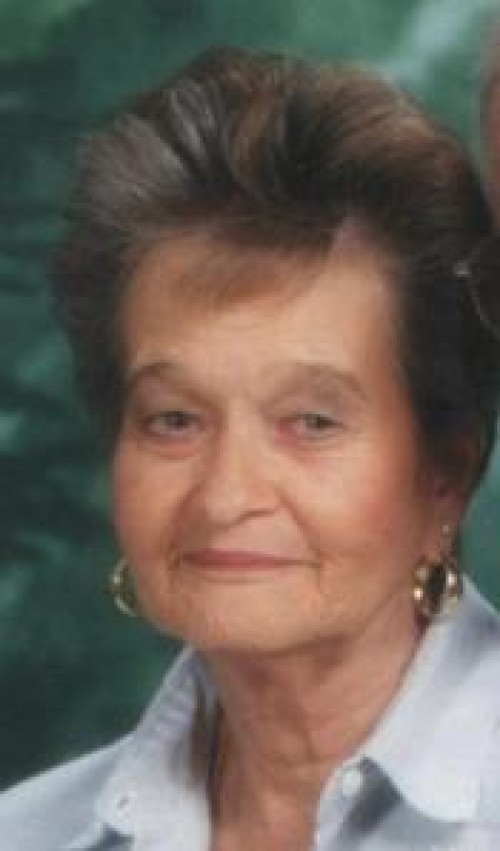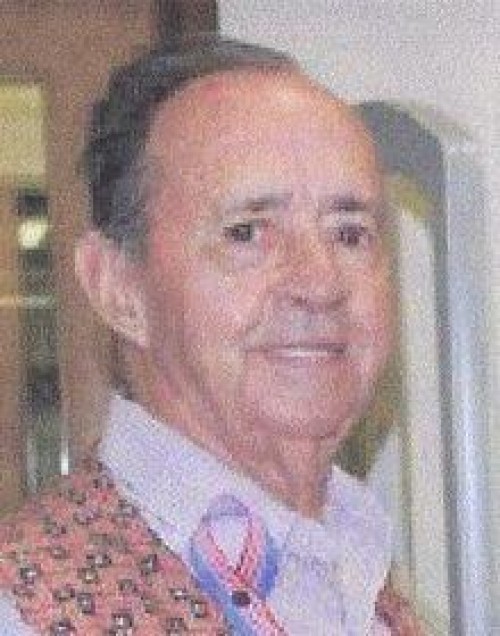
Ramona Tipton
February 2, 2012
Stuart John Stein
February 6, 2012The trickle of new releases at the year’s start has turned into a full roaring river and makes one wish for more hours in which to explore and wallow.
But wait n before we leave 2011 behind, let’s talk about the blast of rock-solid audacity that is the BLACK KEYS’ EL CAMINO. The duo from Akron has blown up big time, figuratively and literally. Their sound now swells with arena-sized riffs and hammer of god drums, but remains as limber and unassuming as the Chrysler Town and Country van on the cover (similar to the one they toured in at their outset of their careers).
El Camino is their seventh, and it’s a remarkable but quite organic journey they’ve taken. Their first few records were revved-up but still faithful versions of the most primitive gutbucket blues imaginable. Recorded in drummer Patrick Carney’s basement in glorious “mid-fi”, they are nearly as timeless as the blues giants’ classics that they adore. Starting with ATTACK AND RELEASE and then BROTHERS, the Keys began incorporating keyboards and sonic flourishes largely credited to producer Danger Mouse.
Where BROTHERS was a potent blend of smoldering R&B and blues stompers, EL CAMINO is a non-stop rock throwdown perfectly suited for a road trip or house party.
“Lonely Boy” starts the ruckus with a nasty riff (a reoccurring theme) and an insistent beat. When the female chorus kicks in to lend support, the lift is palpable, and any self-pity implied in the mostly irrelevant lyrics is blown away.
“Dead and Gone” follows as a companion piece, upping the rhythmic ante.
“Gold on the Ceiling” continues the trend of backing choral support but incorporates a swinging glam-rock chorus with chord changes that go straight to the medulla oblongata.
The following “Little Black Submarines” employs the Led Zeppelin-esque pattern of starting out with quiet acoustic drama abruptly switching to full-out fire and brimstone. After that there are no breaks in the action, each song coming on with a relentless urgency that rarely gets repetitive. (“Hell of a Season” sounds a bit too much like “Lonely Boy” for comfort and “Sister” is a standout.)
By the time the closing notes of Dan Auerbach’s economical and cutting guitar on closer “Mind Eraser” are ringing out, the decision to hit the repeat button seems inevitable.
I’m sure the Keys will go to different places in the future, but this one will hold a prominent place on their resume no matter where they travel.
FIRST AID KIT is a duo comprised of sisters Johanna and Klara Soderburg, and you would never guess they were from Sweden if not told so. They fit comfortably in the modestly-booming nu-folk genre (Mumford & Sons, Avett Brothers, etc.) Their earnestness and intensity are tempered, however, by a sense of dynamics that those other acts seem to lack.
By that I mean they’re not afraid to sing pretty and soft, making their more boisterous moments stand out by contrast. They also have an admirable taste for variety, avoiding the boredom that other acts inflict when they stick to an identifiable “sound”.
Their second album, THE LION’S ROAR, makes a convincing case for the sisters’ longevity. It’s produced by Mike Mogis (Bright Eyes’ sound shaper), who adorns the songs with subtle touches. Accordions, harps, violins and cellos make unobtrusive appearances, with the basic accompaniment also varying to fit each song’s needs.
The album’s first cut is the title tune, and how confident it seems to start out with a waltz, especially one in a minor key. It’s layered and nuanced and the girls’ vocals are as bracing as smelling salts. “Emmylou” follows as the only overtly country song found here. It’s an homage to Ms. Harris, along with Gram Parsons, June Carter and Johnny Cash. (They’re used as suggested role models for a reluctant lover.) “In the Hearts of Men” belies the singers’ tender ages with its mature and balanced take on the sexes’ psychologies. “Blue” is a great example of lyrics used as a mirror image to the music. The singers address someone who’s damaged goods (with good reason), and implore him/her to get on with it. The music clinches the deal; it’s as pure an example of aural Prozac as I’ve heard in a while.
The album takes a somber turn with “To a Poet”, but it’s not morose or maudlin. Their presumably Scandinavian sobriety continues on the downcast but still hopeful “I Found A Way”. Things take a more upbeat turn with “New Year’s Eve” and the closer, “King of the World”.
This one’s beyond impressive; it’s downright embraceable.
CRAIG FINN is the lead singer and writer of The Hold Steady, those Minnesota Catholic boys obsessed with post-adolescent sin. Finn’s first solo record, CLEAR HEART, FULL EYES, is appropriately different from his band’s stuff, and wholly admirable in its own right.
Where Finn’s work with his regular band features balls-out power chords goosing tales of debauchery and prayers for redemption, here he’s way more subdued and sober. His characters (he has actual characters, like actual writers) here are older, less grandiose in their mood swings. No less obsessed with the sacred, Finn name-checks Jesus over two dozen times. But he also mentions Graham Greene, Joan Didion, Freddie Mercury and John Lydon (Sex Pistols) with equal verve.
He’s taken flak from some quarters for the backing music here, but I couldn’t disagree more. He went to Austin to record with Spoon’s producer and members of White Denim, Centro-matic and Heartless Bastards, and they provide very tasty support. The guitars are rough-hewn, the drums miked close and the bass is mostly acoustic and warm. Occasional pedal steel guitar sends the usual tingle up the spine.
But you don’t go to Finn for just the music— he’s too fine a storyteller with too fine an eye for detail. Each new listen brings new awareness of his literary gifts, and they are abundant.
The new year’s off to a rousing start, apocalypse or not.








